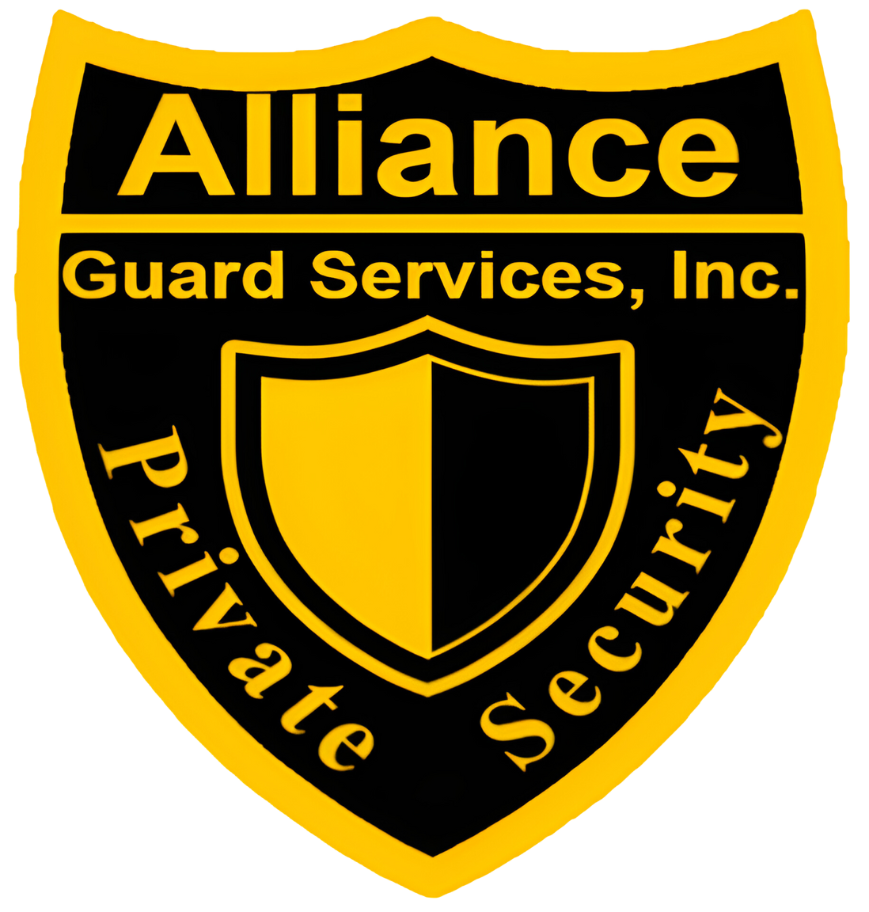What Does Corporate Security Do?
Corporate security plays a crucial role in safeguarding the interests and assets of businesses from various threats and risks. In this article, we explore the responsibilities, components, measures, and importance of corporate security in today’s business landscape.
Introduction to Corporate Security
Corporate security refers to the practices and measures implemented by organizations to protect their assets, resources, personnel, and information from internal and external threats. It encompasses a wide range of activities aimed at minimizing risks and ensuring the safety and security of the business environment.
Responsibilities of Corporate Security
-
Asset Protection
One of the primary responsibilities of corporate security is to protect the physical and intellectual assets of the organization. This includes tangible assets such as property, equipment, and inventory, as well as intangible assets such as proprietary information, trade secrets, and customer data.
-
Risk Management
Corporate security professionals are tasked with identifying, assessing, and mitigating risks that could potentially impact the organization’s operations or reputation. This involves conducting risk assessments, implementing preventive measures, and developing contingency plans to address potential threats.
-
Crisis Response
In the event of security incidents or emergencies, corporate security teams are responsible for coordinating the organization’s response efforts. This may include activating emergency response protocols, liaising with law enforcement agencies, and managing communication with stakeholders.
Components of Corporate Security
Corporate security encompasses several components that work together to protect the organization’s interests.
-
Physical Security
Physical security measures include safeguards such as access control systems, surveillance cameras, perimeter fencing, and security personnel. These measures help prevent unauthorized access to corporate facilities, deter criminal activity, and protect employees and assets.
-
Information Security
Information security focuses on protecting the organization’s digital assets and data from unauthorized access, disclosure, or theft. This includes implementing cybersecurity measures such as firewalls, encryption, antivirus software, and access controls to safeguard sensitive information.
-
Personnel Security
Personnel security involves screening, training, and monitoring employees to prevent insider threats and ensure compliance with security policies and procedures. Background checks, security clearances, and ongoing training programs help mitigate the risk of internal security breaches.
Corporate Security Measures
-
Access Control Systems
Access control systems restrict entry to corporate buildings and sensitive areas, ensuring that only authorized individuals have access to designated areas. These systems may include keycard readers, biometric scanners, and security gates.
-
Surveillance Systems
Surveillance cameras and systems provide real-time monitoring of corporate facilities, deterring criminal activity and providing valuable evidence in the event of security incidents. Video surveillance can also help identify security vulnerabilities and areas for improvement.
-
Security Training Programs
Security training programs educate employees about security risks and best practices, empowering them to recognize and respond to potential threats effectively. Training topics may include cybersecurity awareness, emergency response procedures, and workplace safety protocols.
Collaboration with Other Departments
Corporate security teams often collaborate with other departments within the organization to address security concerns and implement effective security measures.
-
Human Resources
Collaboration with the Human Resources department ensures that security policies and procedures are aligned with personnel practices, such as hiring, onboarding, and termination processes.
-
Information Technology
Working closely with the Information Technology department helps ensure that cybersecurity measures are integrated into the organization’s IT infrastructure and systems.
-
Legal
Collaboration with the Legal department ensures that security measures comply with relevant laws, regulations, and industry standards, reducing the organization’s exposure to legal risks.
Importance of Corporate Security
Corporate security is essential for protecting the organization’s assets, reputation, and stakeholders. By implementing effective security measures, businesses can minimize risks, prevent losses, and maintain trust and confidence among customers, investors, and employees.
Conclusion
Corporate security plays a critical role in safeguarding the interests and assets of businesses from various threats and risks. By focusing on asset protection, risk management, crisis response, and collaboration with other departments, corporate security teams help ensure the safety and security of the organization’s environment and operations.
FAQs
What are some common security threats that corporate security teams address?
Common security threats include theft, vandalism, cyberattacks, insider threats, and workplace violence.
How can businesses determine their security needs and priorities?
Businesses can conduct risk assessments to identify potential threats and vulnerabilities and prioritize security measures accordingly.
What steps can organizations take to improve their corporate security posture?
Organizations can improve their security posture by implementing comprehensive security measures, providing employee training, and regularly assessing and updating security protocols.
What role does technology play in corporate security?
Technology such as access control systems, surveillance cameras, and cybersecurity tools enhances the effectiveness of corporate security measures by providing advanced monitoring, detection, and response capabilities.
How can businesses ensure compliance with security regulations and standards?
Businesses can work with legal and compliance experts to ensure that their security measures align with relevant laws, regulations, and industry standards.


